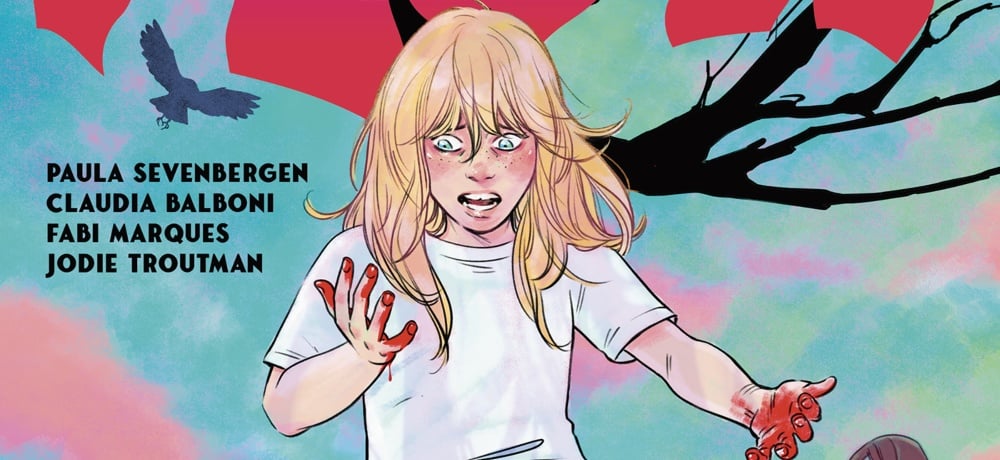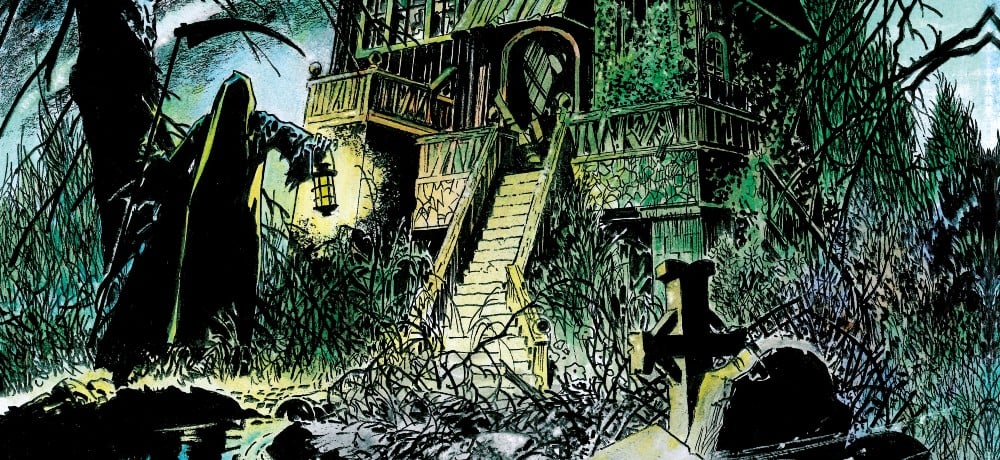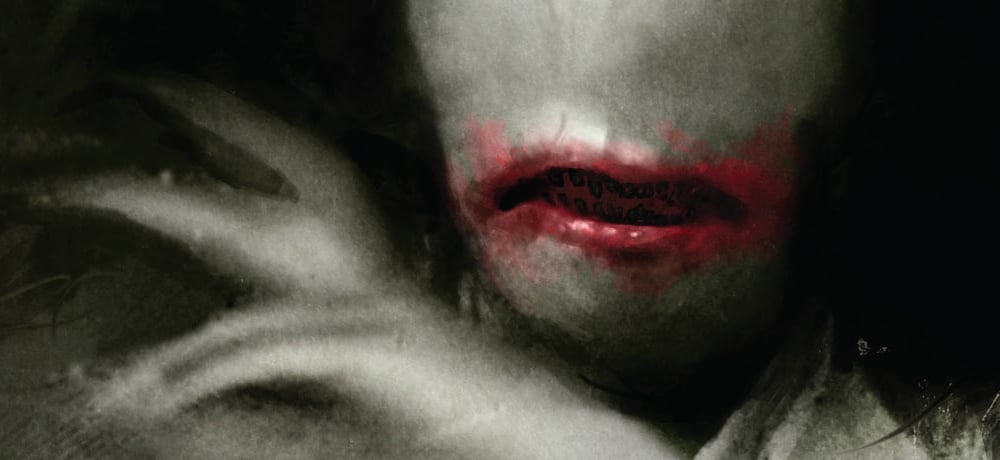






I devoured Nothing But Blackened Teeth in 24 hours. Granted, it’s only 128 pages, but it’s a spellbinding 128 pages. Cassandra Khaw somehow manages to keep moving things along at a brisk pace while also taking their time building the story. Khaw dedicates plenty of the novella to fleshing out the characters and establishing their tangled, tension-filled history before the terror is fully unleashed.
Five friends reunite for the destination wedding of Faiz and Nadia in Japan. Phillip, the trust fund baby of the group, has flown his mates first-class to the centuries-old mansion he acquired for the event. But the geography is not the sole reason for the location. Ghost-hunting is what brought these folks together, and Nadia’s dream since childhood has been to get married in a haunted house. So this Heian-era property is the perfect spot, since it comes with quite a spectral backstory.
Turns out, Nadia is not the only bride on the premises. Hundreds of years ago, a devoted woman’s groom-to-be tragically died, so in the hope that their spirits could meet again one day, she had herself buried alive in the foundation of their home, as one does. And every year after that, another girl would be buried alive in the walls to keep the departed bride company. Knowing the mansion is built on a bed of bones does not deter the friends in the least. They’re very into it, actually. Until all hell breaks loose.
Given that this bunch is heavily steeped in the occult, they’re well aware of the genre tropes associated with horror, naturally. They make jokes about who’s more likely to live or die based on demographic differences and who ought to be doing “protagonist shit” and so on. While I’m sort of over this type of narrative meta-awareness in genre fiction, I have to admit that the dialogue is exactly what horror fans would probably utter in such a real-life situation.
The lines are apt for sure, and the non-conversational prose is appropriately verbose. I get the impression that Cat, the character who narrates the story, was a straight-A student in school. The wordy, highly metaphorical style may compel some readers to call Khaw a pretentious over-writer, but to me it’s a character choice. The haughty writing speaks to the character’s intelligence and her desire to be recognized as intelligent.
Khaw also uses Cat’s acumen to challenge Western readers who aren’t as versed in Japanese culture. Through Cat, Khaw will nonchalantly name a particular garment, or a figure from Japanese folklore, without providing a definition, or an expositional breakdown. So having Google at the ready would be wise. Personally, this was not a problem for me because I like learning and falling down Wikipedia holes, but readers less inclined to put in any work may find this frustrating.
It’s thanks to these online detours that I learned about Yōkai, the class of supernatural entity this embittered deceased bride is. I was unfamiliar with Yōkai prior to reading this novella, but now I feel intimately acquainted with them. The author’s sharp imagery is firmly seared in my mind. Graphic visuals are Khaw’s strong suit. The details are specific and vivid, leaving just enough room between each sentence to allow the reader to conjure something hidden from their own subconscious.
Nothing But Blackened Teeth is an unsettling story. Cassandra Khaw has a vice-like grip on the psychological aspects of horror—how mental illness and fractured relationships can fuel or exacerbate our most deep-seated fears. Writing this tale as a novella, as opposed to a full-on novel, was the correct way to go. The controlled page count offers the author ample space to solidify the character dynamics before ratcheting up the scares—because once the gore kicks into gear, it doesn’t let up until the stark conclusion.